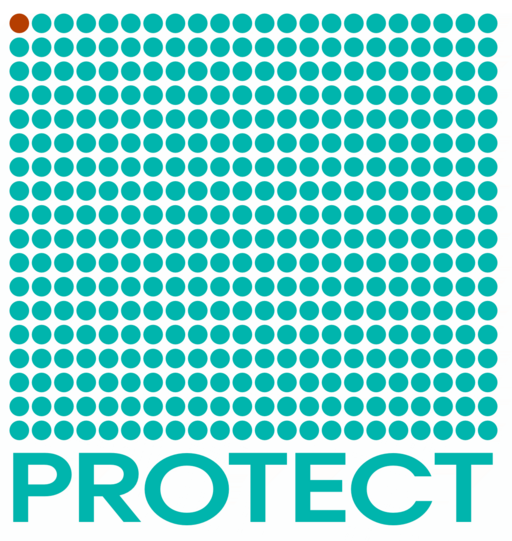The first patient is enrolled into the PROTECT study
The first of 396 patients has been enrolled into the PROTECT study with the aim of setting new standards for the clinical use of proton radiotherapy in esophageal cancer.

The PROton versus photon Therapy for Esophageal Cancer – a Trimodality strategy (PROTECT) -trial is a large-scale, multi-institutional, randomized controlled clinical trial, that will compare the clinical outcomes of proton therapy and state-of-the-art photon radiotherapy for locally advanced esophageal cancer, with the goal of improving outcomes for this group of patients.
The PROTECT-trial consortium is a public-private collaboration that includes 12 proton therapy centers, 17 academic partners, two leading industry collaborators, and more than 30 clinical trial sites across eight countries. This project has received funding from the Innovative Medicines Initiative (IMI), the European Federation of Pharmaceutical Industries and Associations (EFPIA), IBA, and Varian, a Siemens Healthineers company.
Facts
- PROton versus photon Therapy for Esophageal Cancer – a Trimodality strategy (PROTECT) compares the clinical outcomes of proton therapy and state-of-the-art photon radiotherapy for locally advanced esophageal cancer.
- PROTECT study is developed by the European Particle Therapy Network (EPTN)
- A total of 396 patients are expected to be included in the randomized study with completion expected by 2027.
- This project has received funding from the Innovative Medicines Initiative 2 Joint Undertaking under grant agreement No 101008134. The JU receives support from the European Union’s Horizon 2020 research and innovation program, EFPIA, Varian - a Siemens Healthineer and IBA worldwide.
“This is the first particle research project of its kind in Europe and first patient enrollment marks a major milestone for the PROTECT-trial consortium. I am grateful to all partners from across Europe for their tremendous contributions to take this study from concept, to funding and now to active patient recruitment”, said Marianne Nordsmark, Chief investigator on the PROTECT Study, Aarhus University Hospital, Denmark.
An important aspect of the study is to improve patient selection for proton therapy in general by evaluating existing selection criteria and creating shared guidelines for reimbursement.
“The PROTECT study will gather data on the benefits of proton therapy from multiple centers across Europe, for the first time. This sets the direction for the future use of proton therapy and could provide meaningful evidence for the benefits of proton therapy, which is needed to expand its use and identify the patients that benefit the most from treatment with protons”, said Karin Haustermans, Co-chief investigator, UZ Leuven, Belgium.
A key objective of the PROTECT study is to reduce treatment related side effects and improve life quality for the patients.
“It is of the utmost importance that clinical studies like PROTECT aim at not only reducing the side effects, in particular on the lungs and heart, but also improving the quality of life for esophageal cancer patients, especially when extensive treatment is needed to cure these patients”, said Sue, one of the patient representatives in the PROTECT-trial consortium.
Further information
- Marianne Nordsmark, Chief Investigator, Aarhus University Hospital, DK.
E-mail: marianne.nordsmark@rm.dk - Dr. Karin Haustermans, Co-chief Investigator, UZ Leuven, Belgium
Email: karin.haustermans@uzleuven.be - Website: https://www.protect-trial.eu/
- Twitter: @PROTECT_trial
